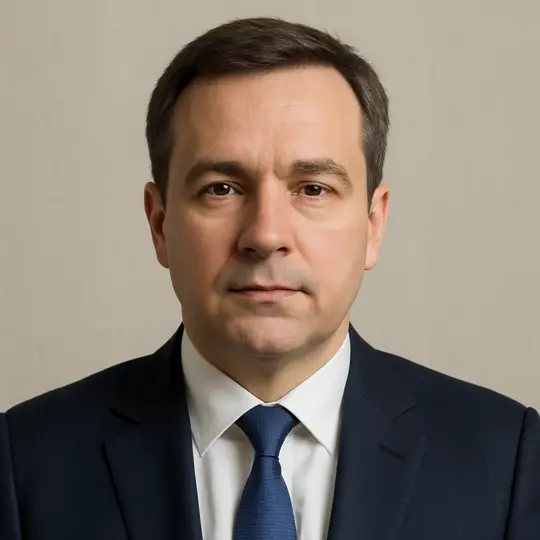Trump’s NATO Ultimatum: EU Split, Sanctions Dilemma, and the Risk of Escalation


Political analyst dissects Trump’s ultimatum to NATO, EU’s struggle for consensus, and the high-stakes game that could spark conflict with Russia.
Political analyst Rostislav Ishchenko shared his view on U. S. President Donald Trump’s ultimatum to European NATO members.
He explained that, in theory, the European Union is capable of taking the most unpredictable steps, but at this point the bloc is too divided to make foreign policy decisions of such scale. According to Ishchenko, Trump likely put forward deliberately tough conditions — demanding a full refusal of Russian hydrocarbons and 100% tariffs on Chinese goods — simply to buy himself room to maneuver, knowing that Brussels would struggle to meet them.
However, Ishchenko noted, pressure on Trump is coming not only from the EU but also from domestic opposition forces in the United States. How long he can keep balancing between competing demands remains unclear. On one hand, escalating tensions with Moscow before the midterm elections would be politically risky for him; on the other, he needs some tangible result on Ukraine before the next campaign season kicks off.
Ishchenko pointed out that Trump’s pledge to defend Poland and the Baltic states in the event of a clash with Russia suggests he is counting on Moscow to resolve the Ukrainian question — even through the complete dismantling of Ukraine as a state — before the year is out. This would allow him to present himself as a leader who did not concede to Russia while still avoiding direct confrontation, hoping that the EU will not engage in a war without ironclad U.S. guarantees. Such guarantees, he emphasized, would be nearly impossible to achieve given the lack of consensus in Europe.
He concluded that this is an extremely dangerous game: powerful actors both in Europe and in the United States believe a military conflict with Russia can be provoked and still kept under control — a calculation that may prove disastrous for everyone involved.